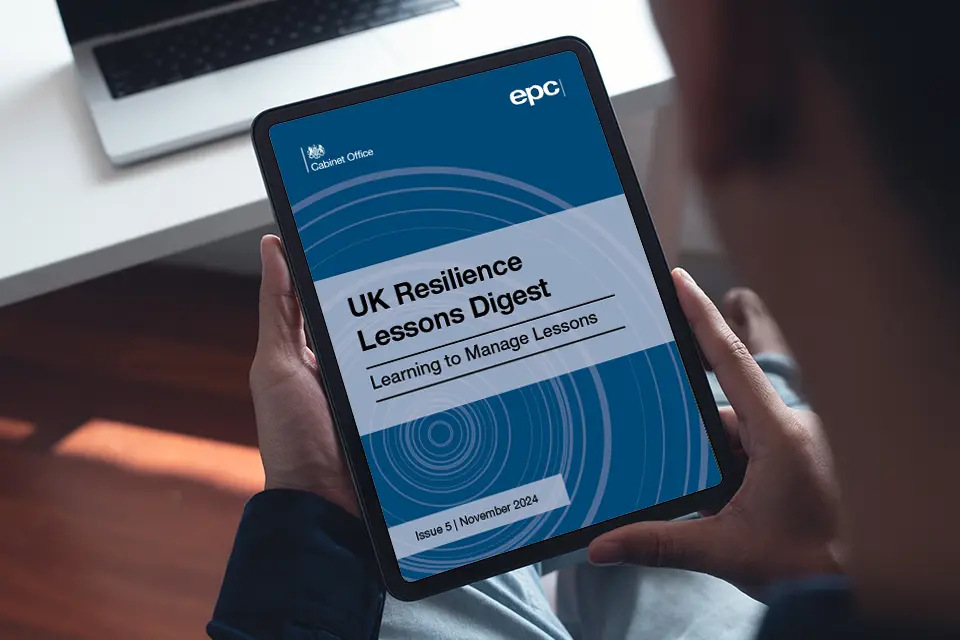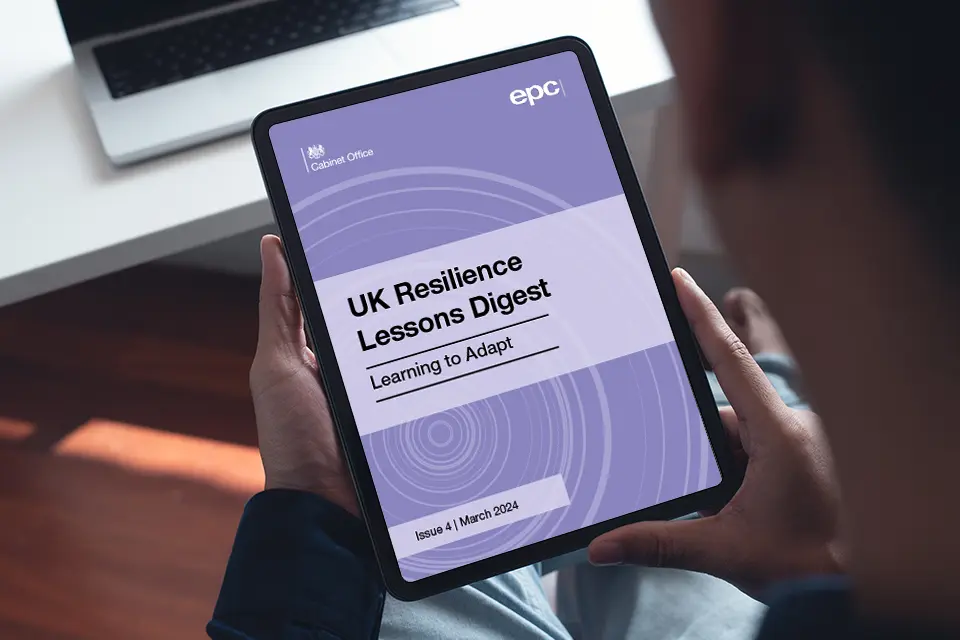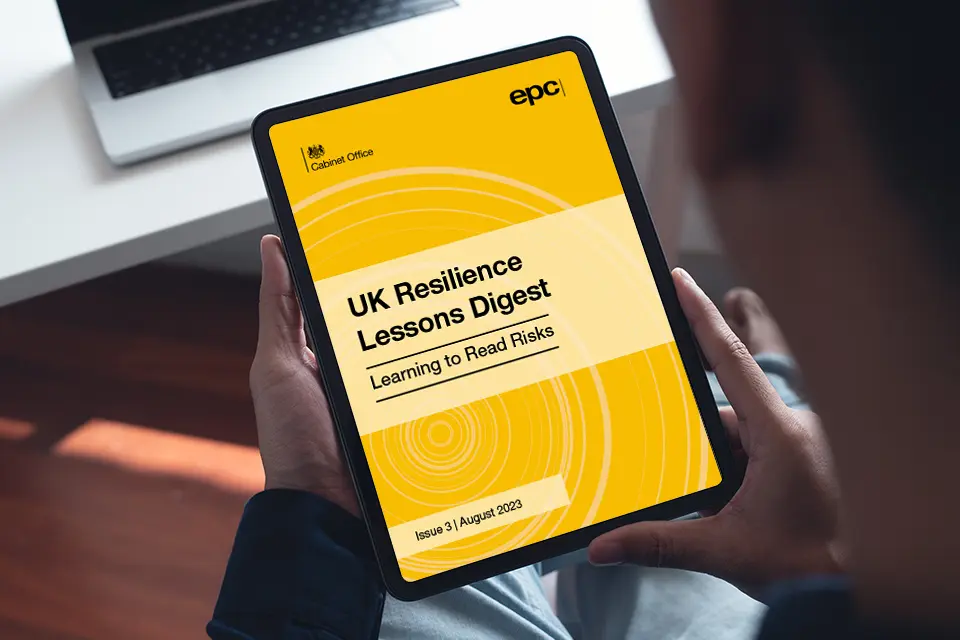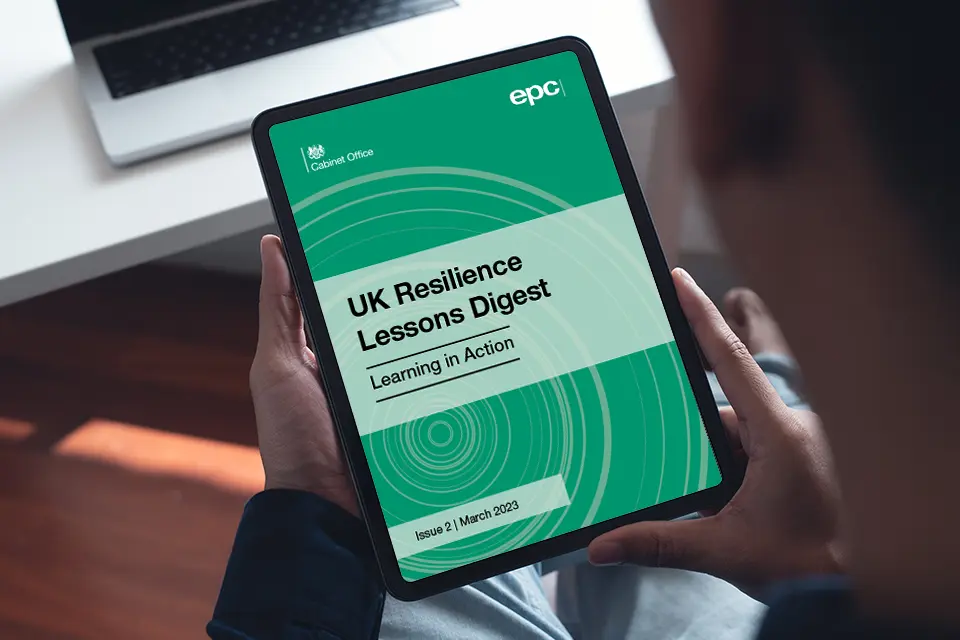Learn
In person, online and bespoke training & education to build resilience skills
Home > Learn
Resilience training and education
At the UKRA, our approach to learning focuses on being flexible and responsive to the needs of resilience professionals and their organisations. We ensure our courses and teaching methods can quickly adjust to the changing demands of the sector, new best practices, and what learners prefer. This way, you will always have the up-to-date knowledge and skills you need to succeed in your resilience role.
Accessibility is a key part of our philosophy. We provide learning opportunities that fit into your life and work. You can learn online whenever and wherever it suits you or take part in local sessions for practical learning experiences. We make education open and available to everyone.
Our learning is interactive and engaging. Through e-learning, practical workshops, relevant and realistic exercises, and team projects, we encourage you to get involved and advance your learning.
Our courses are designed to challenge you in a supportive way, helping you build confidence and develop critical thinking skills. By combining different types of learning, we aim to provide a rich and varied experience that meets your needs in the resilience profession.
Organisational Resilience
A resilient organisation is one that looks ahead, plans for tough times, and learns from every experience. Our training helps you prepare for the unexpected, ensuring your organisation can stay stable and reliable even in challenging situations.
Business Continuity
Aligning continuity planning with regulatory and operational requirements to ensure resilience across interconnected organisational systems.
Resilient Leadership & Culture
Developing leadership approaches that foster adaptability, strengthen decision-making in complex contexts, and embed resilience as a strategic priority.
Resilience Governance
Embedding resilience oversight into governance structures, risk management processes, and organisational decision-making for long-term sustainability.
Crisis & Incident Management
We offer training that teaches you how to manage risks and respond in emergencies. You’ll learn important skills, like leading in a crisis and making quick decisions, so you feel ready to handle difficult situations.
These courses provide insight into the principles, structures, and decision-making processes essential for managing, coordinating, and leading incident response at local and national levels. Designed for professionals in operational, tactical, and strategic command and coordination roles you will find awareness level online courses. Blended working and practitioner level courses.
Preparedness
We promote a culture of readiness, helping organisations build strong systems that can reduce the impact of crises. This means you can keep things running smoothly, recover quickly from setbacks, and minimise disruptions to your operations.
Crowd & Events Safety
Our Crowd and Event Safety courses equip individuals with the skills needed for public event and venue safety. The portfolio includes:
- General awareness training for crowd and event safety
- Event safety management training
- Crowd management tools and techniques
- Guidance and training for Safety Advisory Groups and event licencing
- Courses on emergency preparedness and protecting crowded places from threats
Build your resilience skills with the UKRA
Business Continuity Foundation
e-Learning + Workshop
Business Continuity Foundation
e-Learning + Online Workshop
Business Continuity Leader
e-Learning + Workshop
Business Continuity Practitioner
e-Learning + Workshop
CM3 Crowd Modelling, Management and Movement
In-person Learning
Conducting Effective Debriefs
e-Learning + Workshop
Crisis Communications in Resilience and Emergencies
e-Learning + Workshop
Cyber Resilience Foundation
e-Learning + Workshop
Debriefing after Exercises and Incidents
e-Learning + Workshop
You may also be interested in

Resilience & Emergencies National Occupation Standards
Nationally recognised standards to define the skills, knowledge and performance expected of those working in resilience and emergency roles.

Assessing the Public Value of Societal Resilience to Disruption
This report by the National Consortium for Societal Resilience explains the investments that individuals, communities, VCFSE organisations, local/central government, and businesses make in societal resilience. It describes how investing in societal resilience helps to lessen the impacts of a disruption. That saves money and brings additional benefits. It shows how £1 spent on societal resilience saves £35.12 when disruptions hit every 5 years.

Organisational Resilience Guidance for UK Government Departments, Agencies and ALBs
This Organisational Resilience Guidance for UK Government Departments, Agencies and ALBs is intended to support UK Government departments, agencies and Arms-Length Bodies (ALBs) in developing their resilience functions to meet the challenges and commitments set out in the 2022 UK Government Resilience Framework.

The Rapid Response Collecting Guidance
The Rapid Response Collecting Guidance has been produced by The National Archives and a group of archive sector professionals. It is there to help support archive collections staff manage the collection of tributes and spontaneous memorials, left in response to unforeseen, sudden, unpredictable, or unprecedented events.
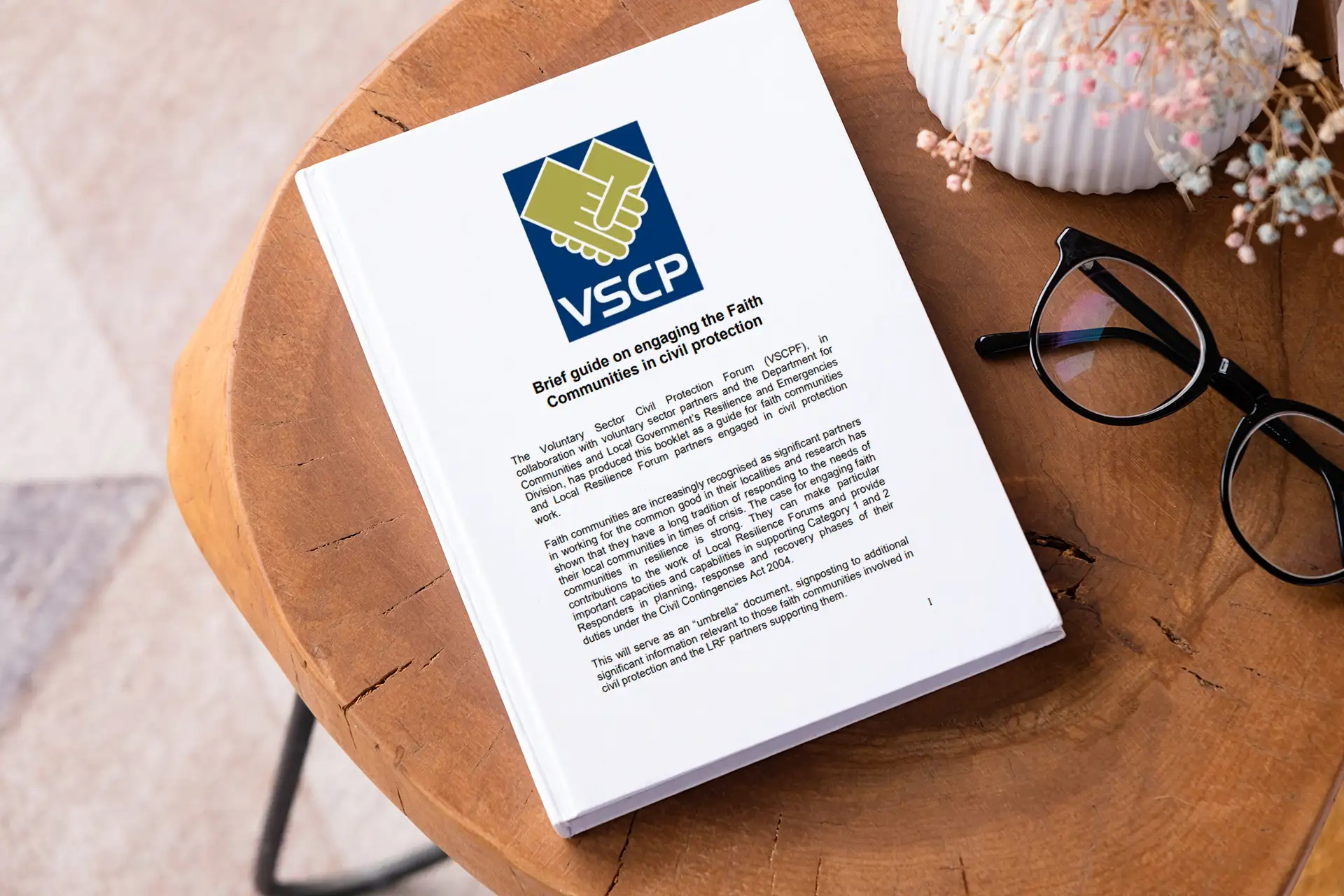
Brief guide on engaging the Faith Communities in civil protection
A guide for faith communities and local resilience forum partners who are involved in civil protection work.

NCSC Exercising Page
The National Cyber Security Centre’s website provides advice and guidance, including on planning cyber exercises.

Exercise in a Box
Exercise in a Box is a free resource which helps organisations find out how resilient they are to cyber attacks and practise their response.

VCSEP Exercising
VCS Emergencies Partnership’s website provides a collection of exercises, which organisations can adapt and tailor to their needs.
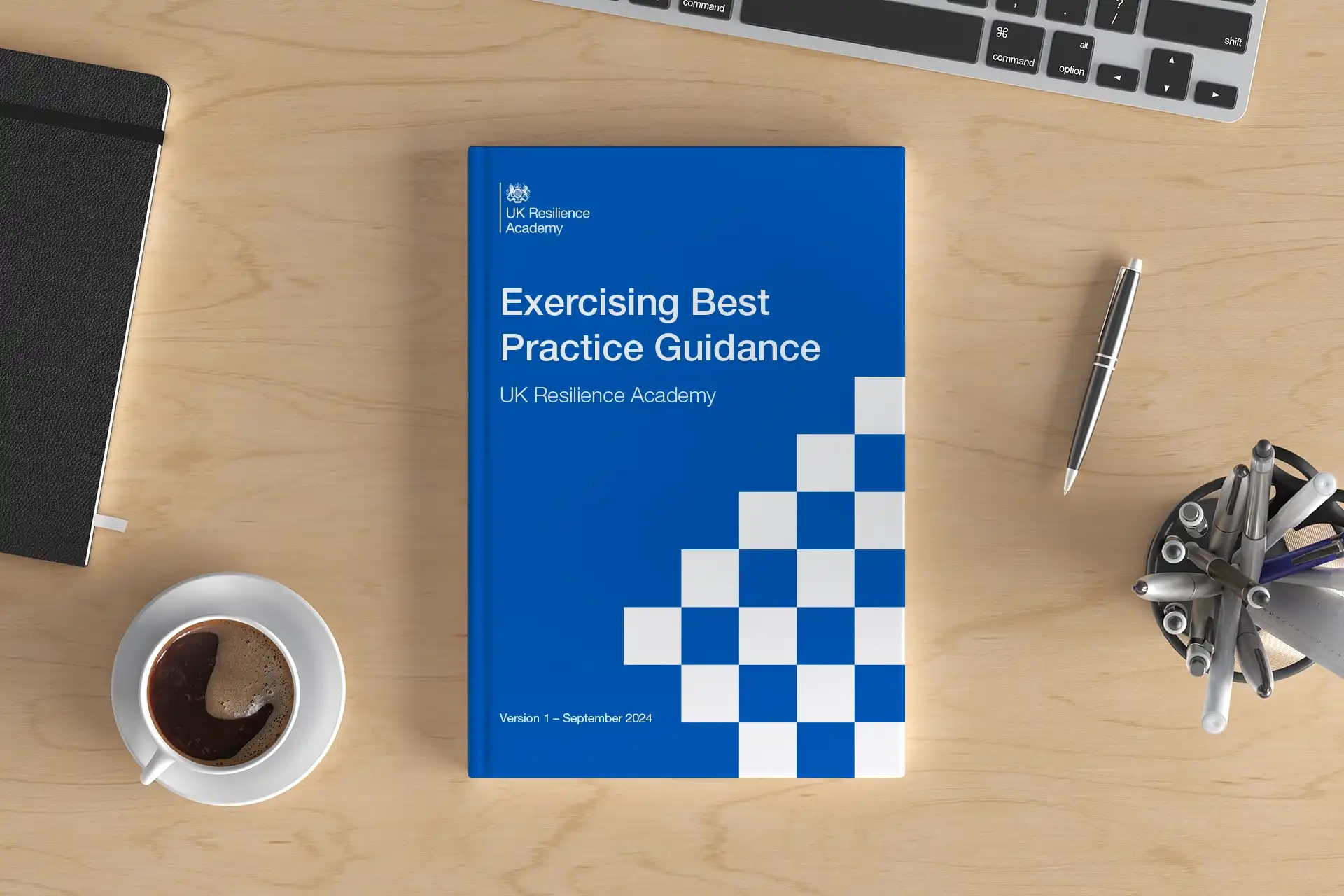
Exercising Best Practice Guidance
Guidance on what local planners need to consider when developing flexible plans for evacuation and shelter.

Lessons Management Best Practice Guidance
Guidance for the identification, prioritsation, implementation, and embedding of lessons from exercises and emergencies

The Fire That Grounded a Nation
In this article, Resilience Capability Lead Bhavick Valand discusses the Kelly Review and the lessons learned from the events surrounding Heathrow’s preparedness for and response to the North Hyde substation fire in March 2025.

Reflections on the Launch of the UK Resilience Academy
In this blog, National Emergencies trustee and 7/7 London bombing survivor Thelma Stober shares her views on the importance of learning lessons from past disaster survivors and how the UKRA is another step forward towards whole-society resilience.

UK Resilience Academy launch event
In the presence of broad representation from across the resilience community, the UK Resilience Academy (UKRA) was officially launched on 28th April by Chancellor of the Duchy of Lancaster Pat McFadden, and Minister Abena Oppong-Asare.

JESIP Testing & Exercising
JESIP’s (the Joint Emergency Service Interoperability Programme) Testing & Exercising page provides a range of resources including an Exercise Assurance Framework, an Umpire Evaluation Sheet and a Multi-Agency Debrief Template.

Spending for Stability
In this article our Resilience Capability Lead for Preparedness, Joshua Isherwood, explores how and where the Spending Review 2025 is embedding strategy for resilience, to ensure a strong and robust society.

7/7 London Terrorist Attack; Personal Reflections from a Survivor and a Responder
This article by our Associate Willie Baker recollects first-hand what happened that morning from the perspective of an officer on the scene. The atrocities of the day, what they did to save those people affected and how they tried to reduce any further casualties.

My Thoughts: Newscast Episode from Cabinet Office Briefing Rooms (COBR)
In this blog post our Resilience Capability Lead for Preparedness, Joshua Isherwood, reviews a recent newscast in the COBR unit of the Cabinet Office.

When Space Becomes a Business Critical Dependency
In this article our Resilience Capability Lead for Organisational Resilience, Bhavick Valand, explores solar events which cause powerful geomagnetic disturbances capable of disrupting communications, satellite navigation, and even power grids. A sobering reminder that space weather can reach deep into the systems that underpin modern life.
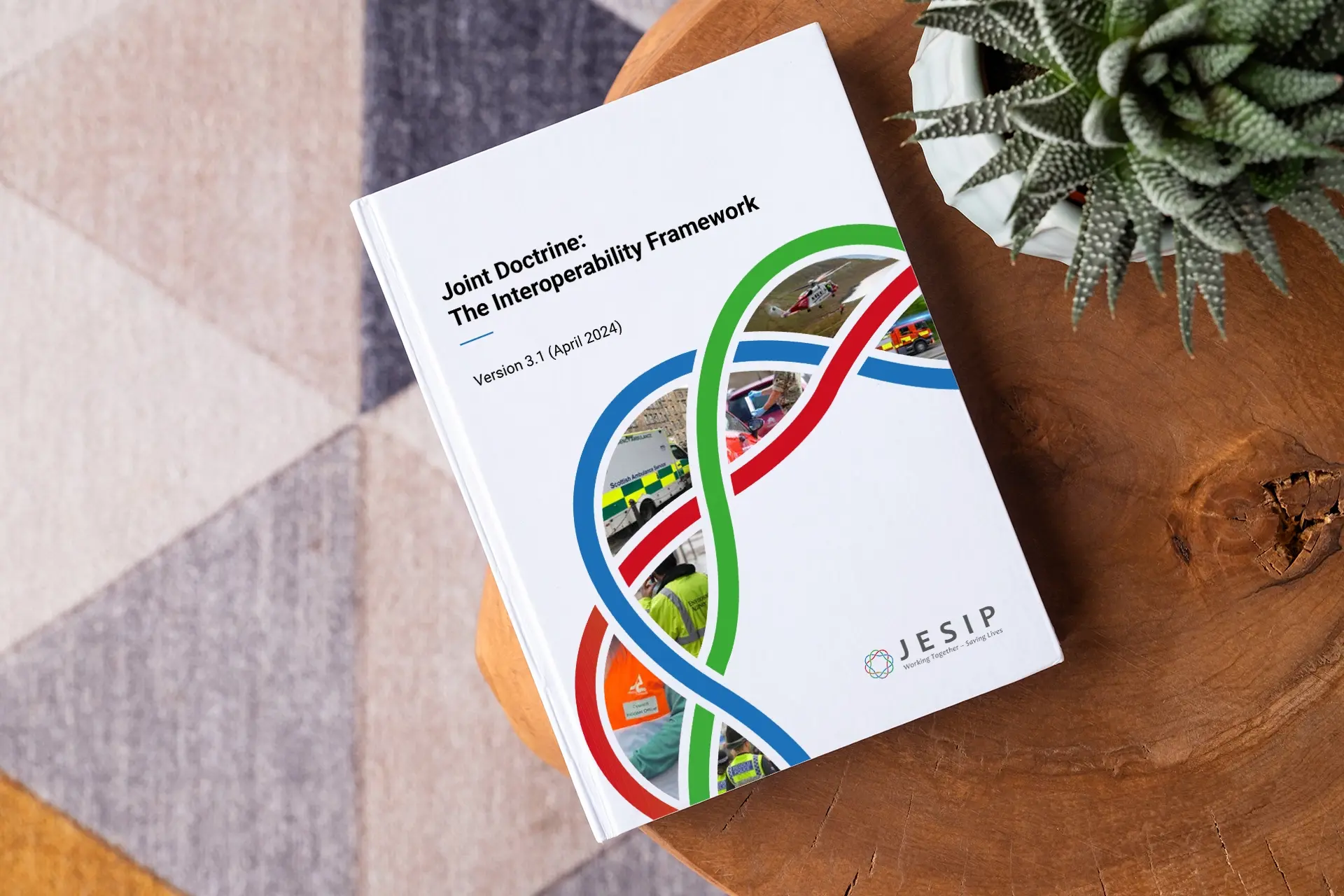
JESIP Joint Doctrine
JESIP Joint Doctrine (Edition Three) continues to provide a common way of working together to save lives and reduce harm in an emergency.
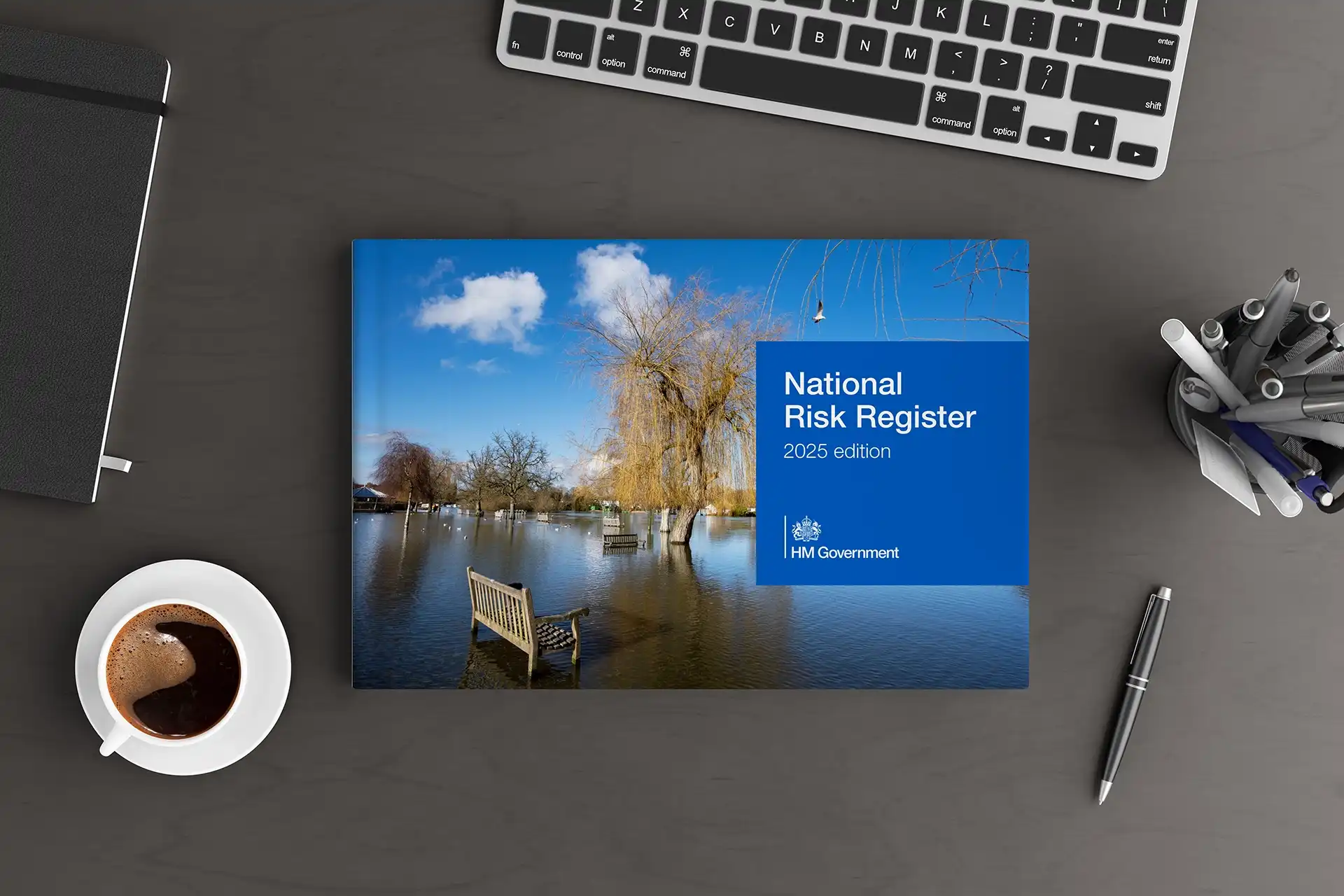
National Risk Register 2025 Edition
The National Risk Register outlines the most serious risks facing the United Kingdom.

Data Sharing for National Crisis Response
Guidance on part 1 of the Civil Contingencies Act 2004, its associated regulations and non-statutory arrangements.
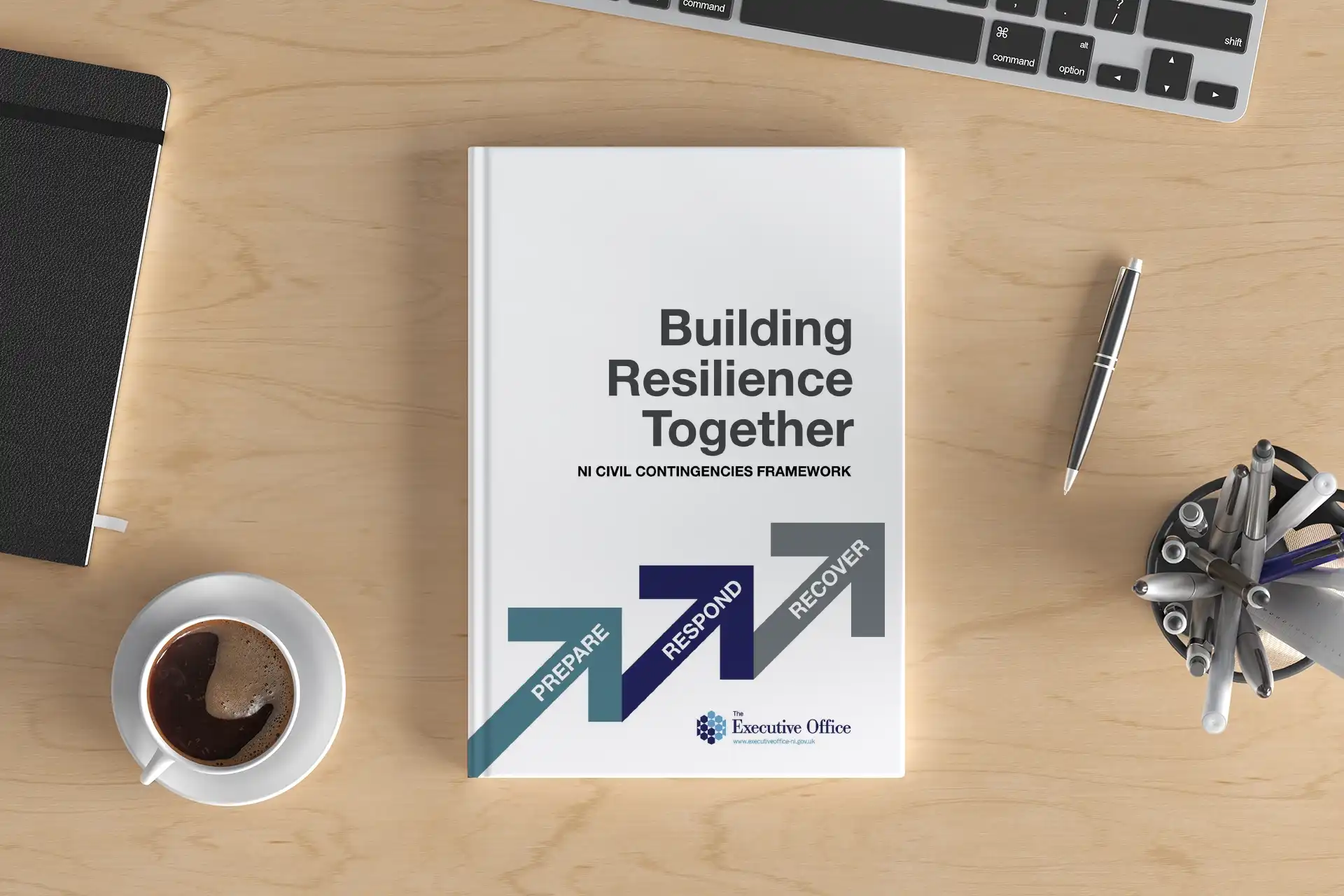
Northern Ireland Civil Contingencies Framework (Revised 2023)
The Northern Ireland (NI) Civil Contingencies Framework sets out NI arrangements for effective Emergency Management.
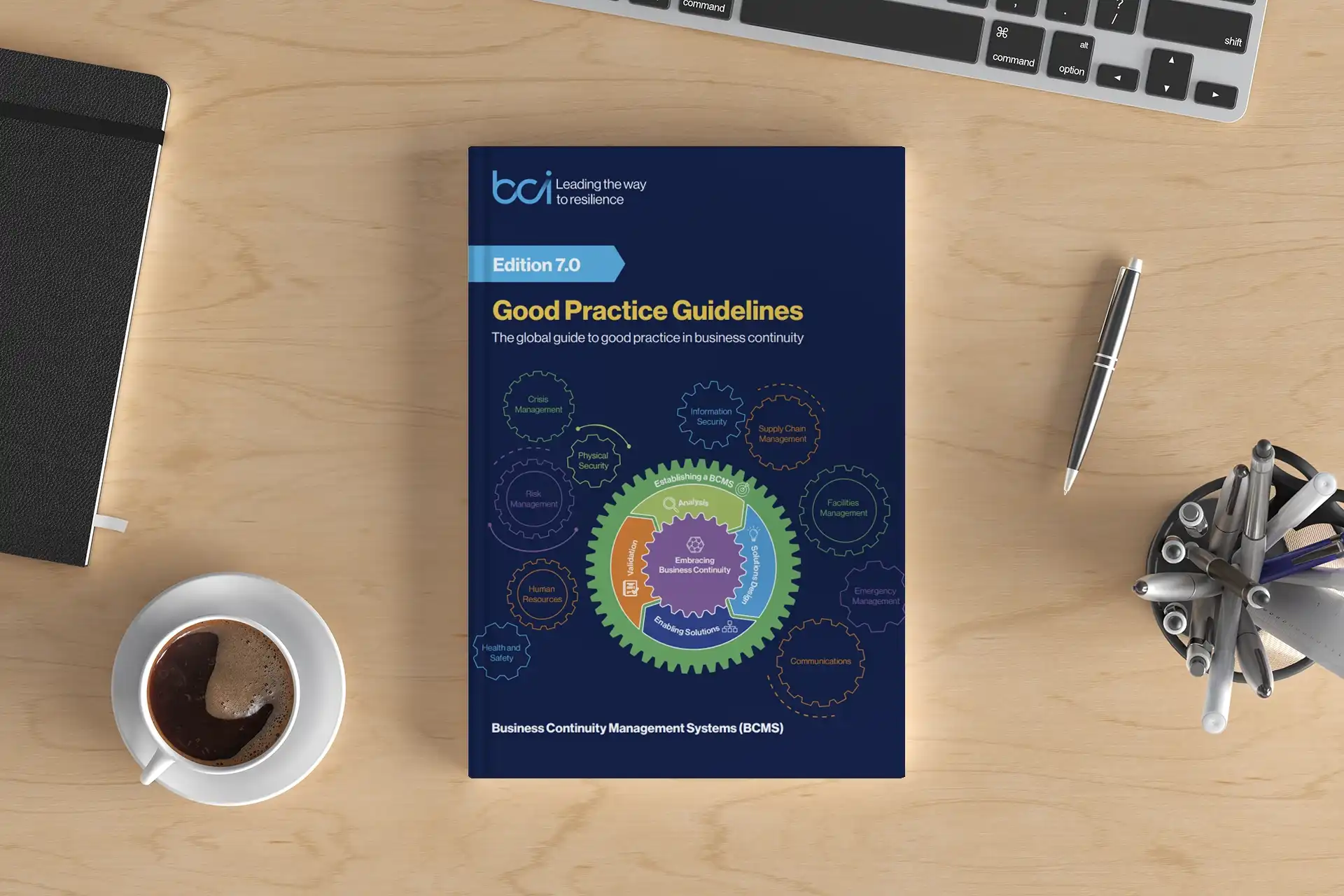
BCI Good Practice Guidelines v7.0
The latest edition of the global guide to good practice in business continuity.
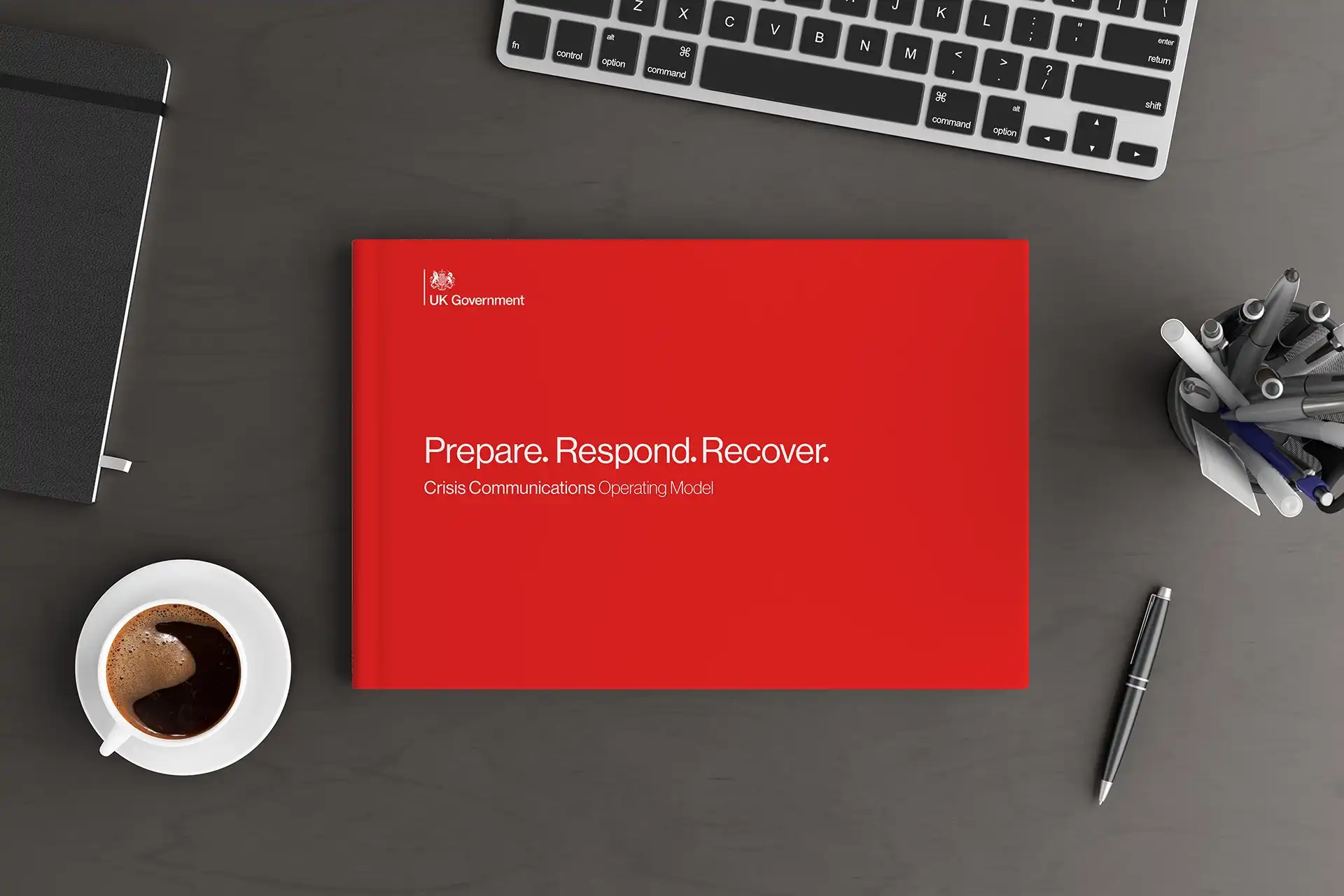
Crisis Communications Operating Model
The Governemnt Communications Service (GCS) Emergency Planning Framework.

CONTEST: The UK's Strategy for Countering Terrorism
CONTEST is the UK’s counter-terrorism strategy. It’s based on 4 themes: prevent, pursue, protect and prepare.
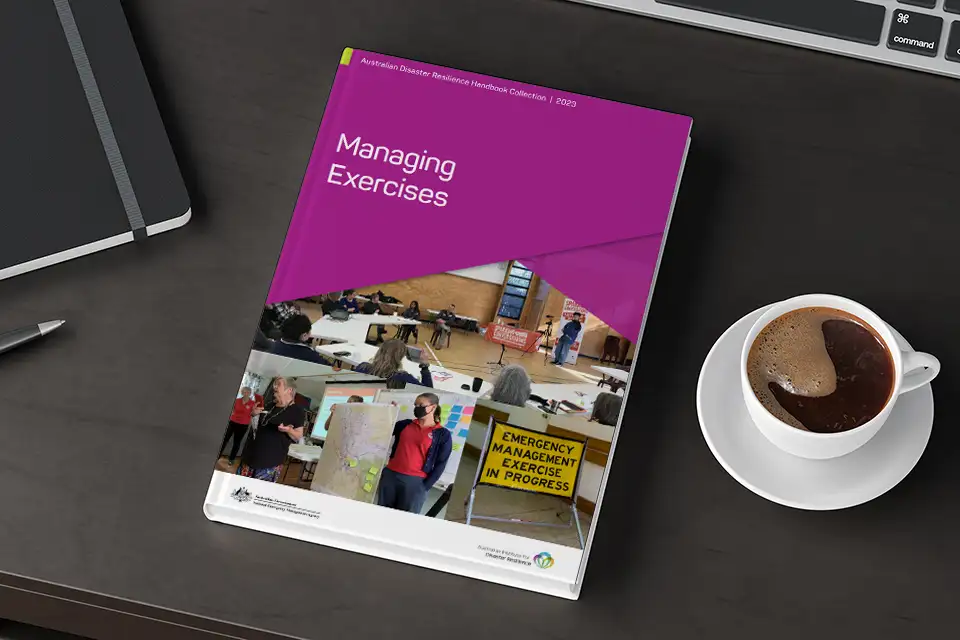
AIDR - Managing Exercises Handbook
The Managing Exercises Handbook is one of a series of handbooks on the Australian Disaster Resilience Knowledge Hub. It provides guidelines for the design, planning, conduct and evaluation of exercises.

FEMA Exercise and Preparedness Tools
The Federal Emergency Management Agency is a federal agency which helps the United States respond to and recover from disasters.

AIDR Knowledge Hub
The Australian Disaster Resilience Knowledge Hub is an open-source platform that supports and informs policy, planning, decision making and contemporary good practice in disaster resilience.

Joint Organisational Learning
JOL (Joint Organisational Learning) Online, which is hosted on Resilience Direct, is the national repository for interoperability, national resilience lessons and notable practice across the UK.
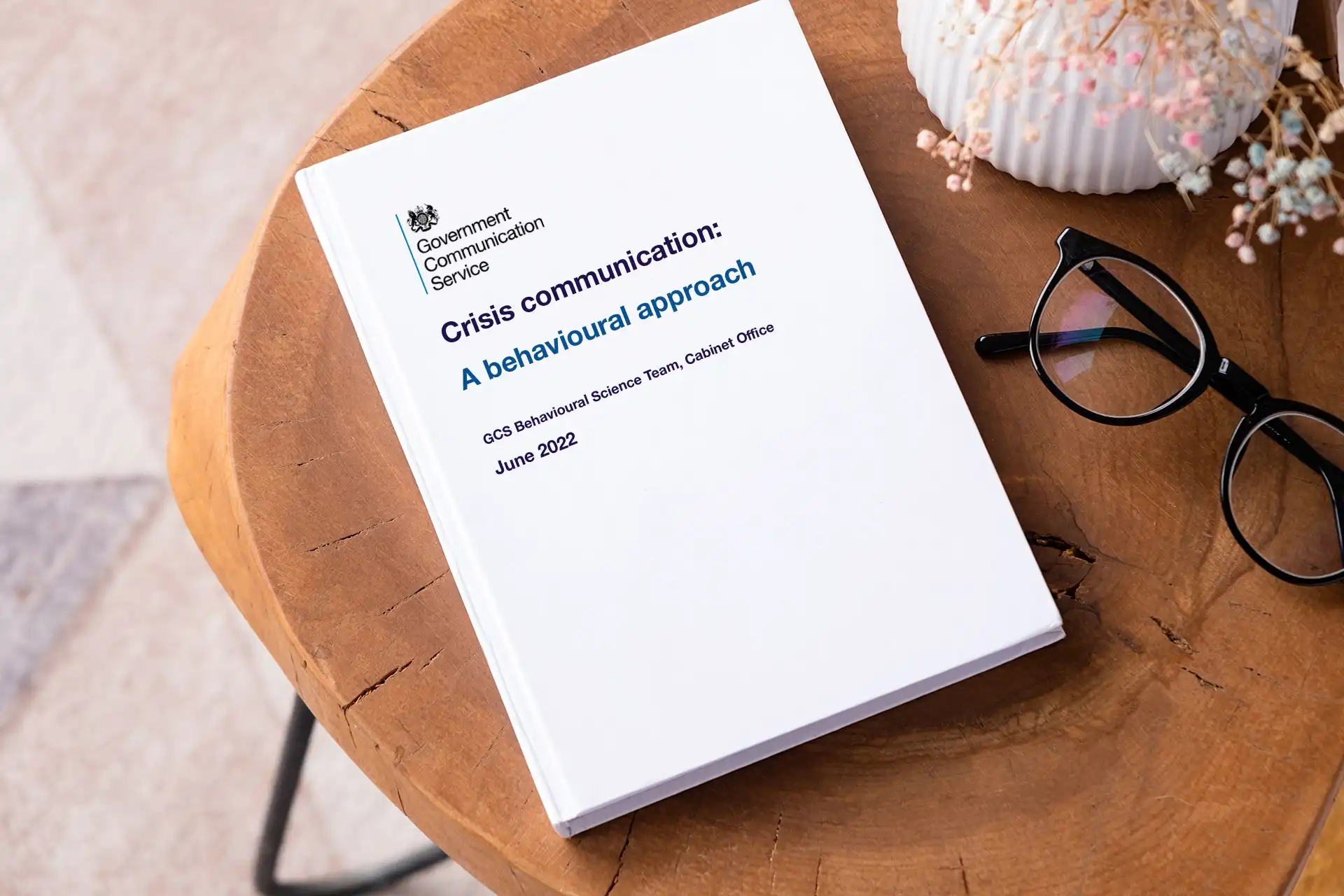
Crisis Communication: A Behavioural Approach
This guide explores how to anticipate public behaviour in a crisis.
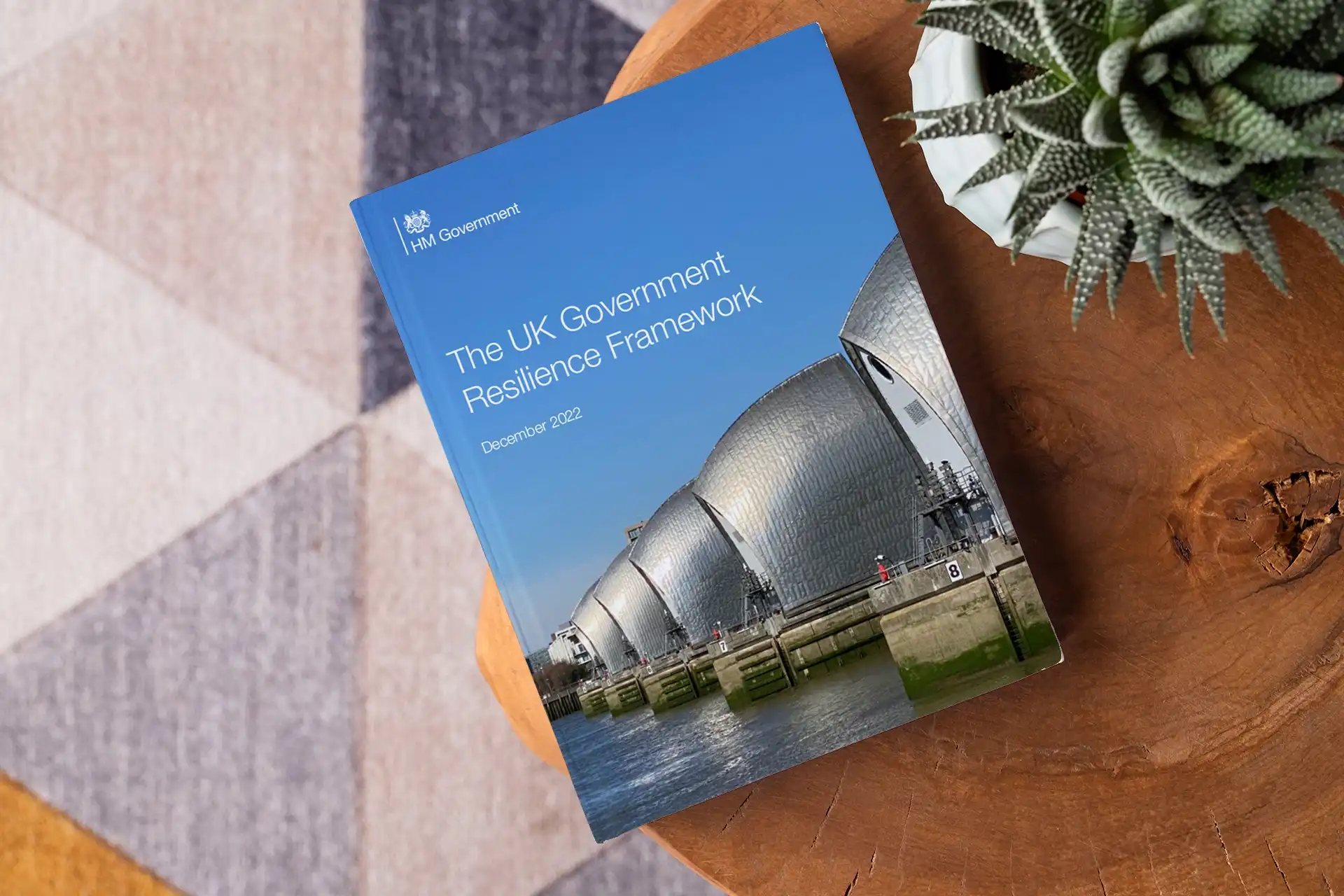
UK Government Resilience Framework
The UK Government Resilience Framework sets out how we will strengthen the systems and capabilities that support our collective resilience.
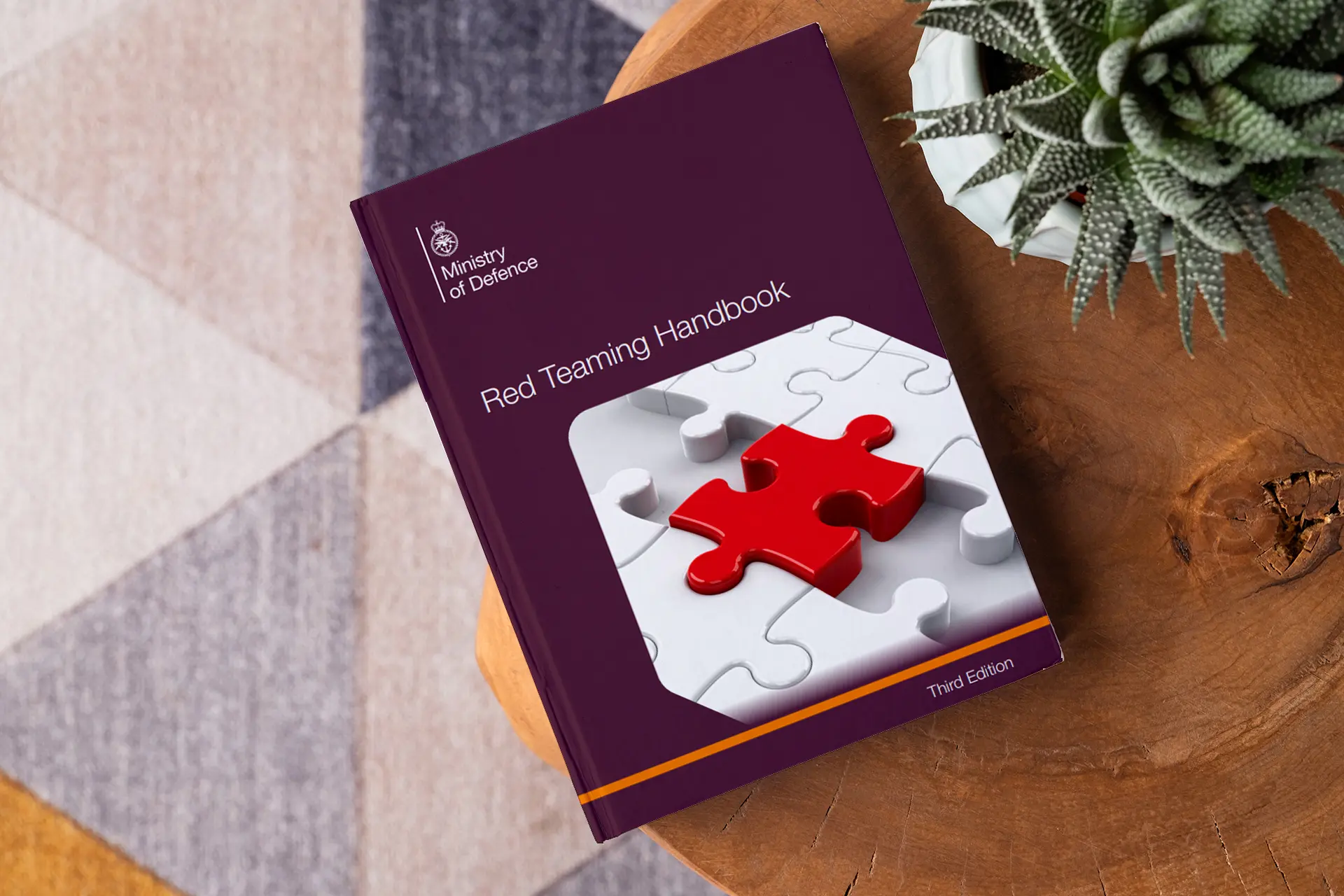
Red Teaming Handbook
A practical ‘hands on’ manual to support civilian and military audiences in the use of Red Teaming techniques
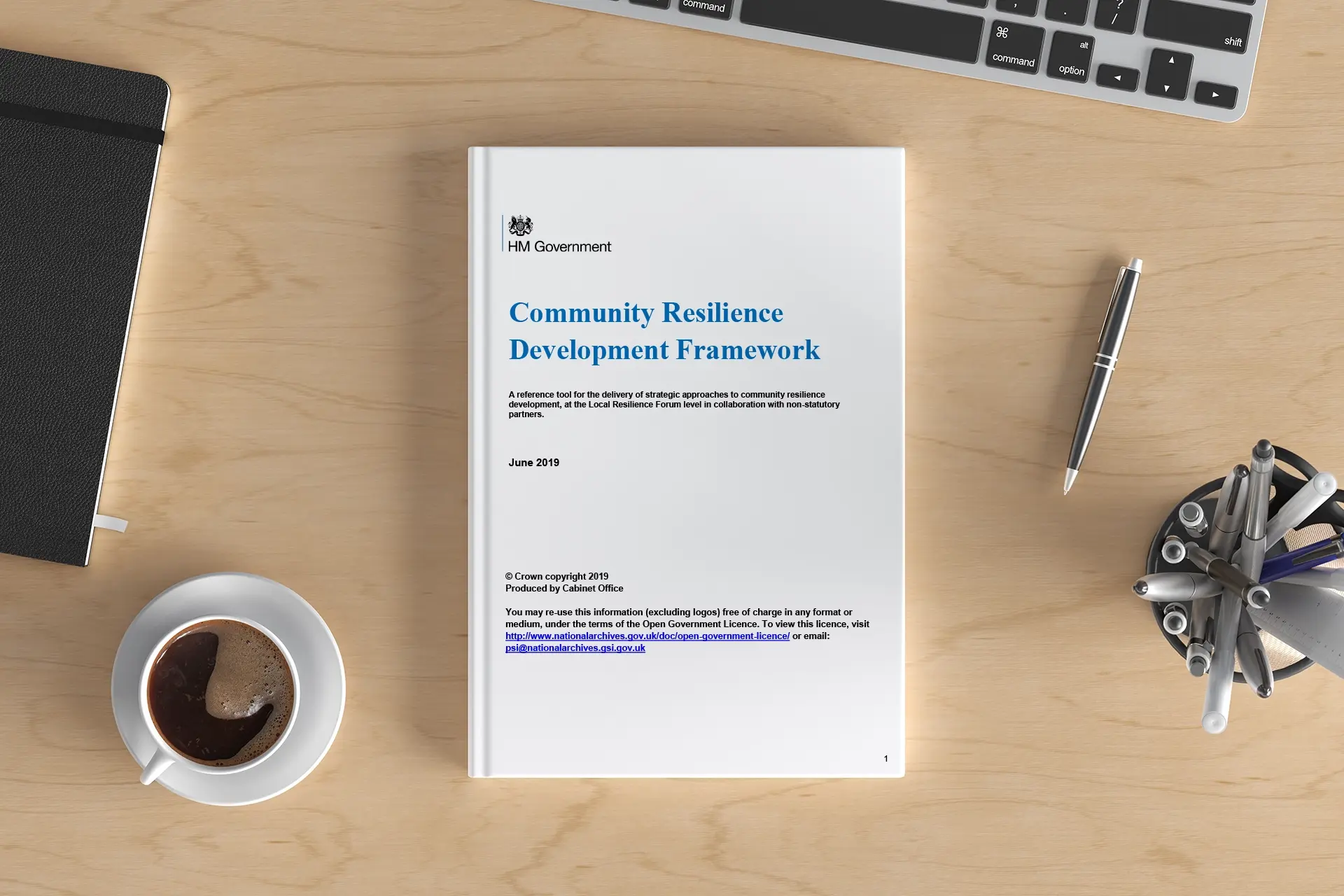
Community Resilience Development Framework
Helping emergency planners ensure communities are central to emergency planning, response and recovery.

Preparing Scotland Exercising Guidance
Preparing Scotland is a set of national guidance documents to assist Scotland in planning, responding and recovering from emergencies. The purpose of this guidance is to provide a practical tool to assist in the planning, delivery and evaluation of exercises.

Preparing Scotland
Preparing Scotland is a set of national guidance documents to assist Scotland in planning, responding and recovering from emergencies.
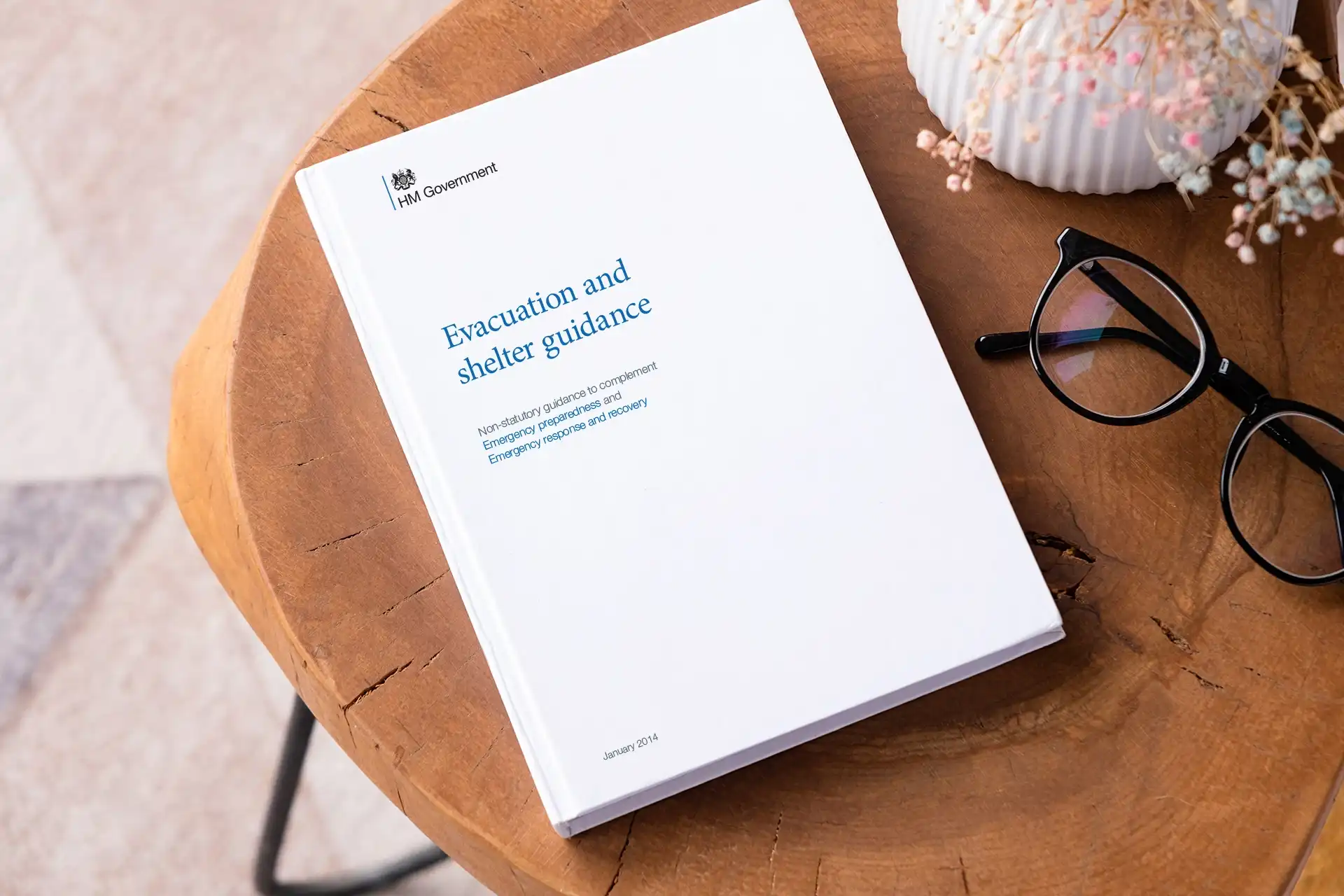
Evacuation and Shelter Guidance
Guidance on what local planners need to consider when developing flexible plans for evacuation and shelter.
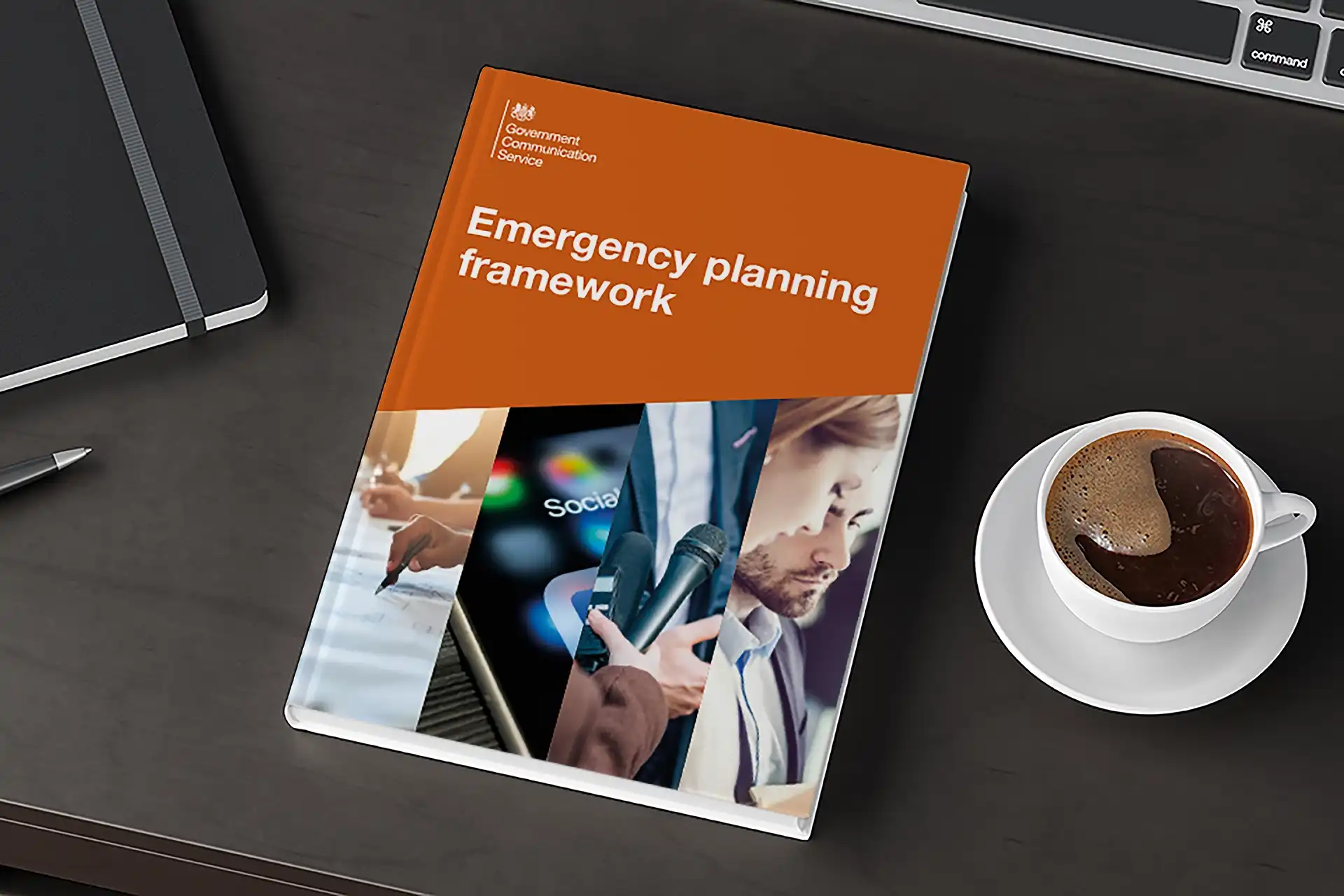
Emergency Planning Framework (PRIMER)
PRIMER provides a framework for crisis communications.

Emergency Response & Recovery
Guidance for staff of responder agencies, particularly senior officers or managers involved in emergency response and recovery preparations.

The Amber Book - Managing Crisis in Central Government
The Central Government’s Concept of Operations sets out the UK arrangements for responding to and recovering from emergencies.

Emergency Preparedness Guidance
Guidance on part 1 of the Civil Contingencies Act 2004, its associated regulations and non-statutory arrangements.
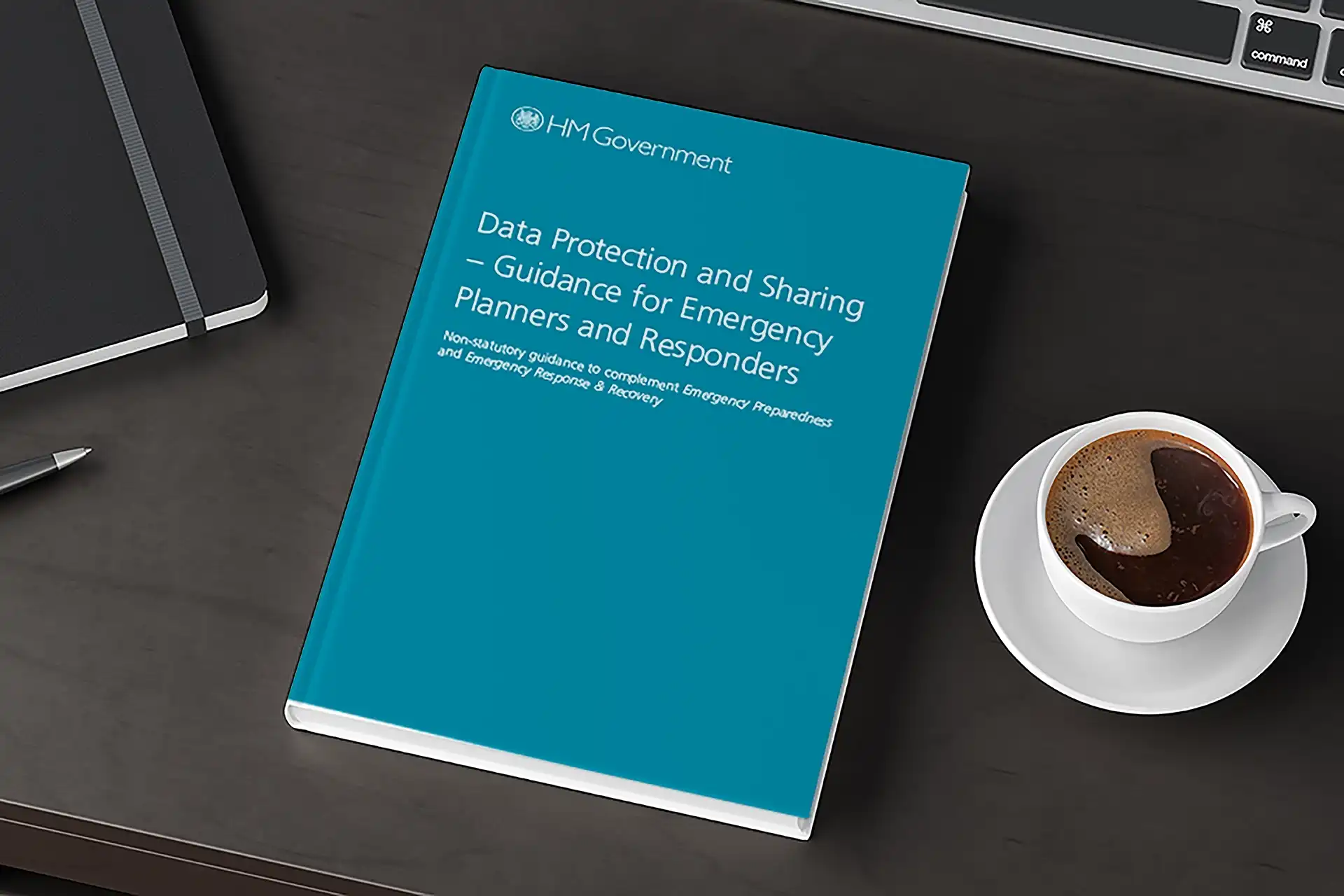
Data Protection and Sharing: Guidance for emergency planners and responders
Guidance covering key issues relating to data protection and sharing in emergency planning, response and recovery.
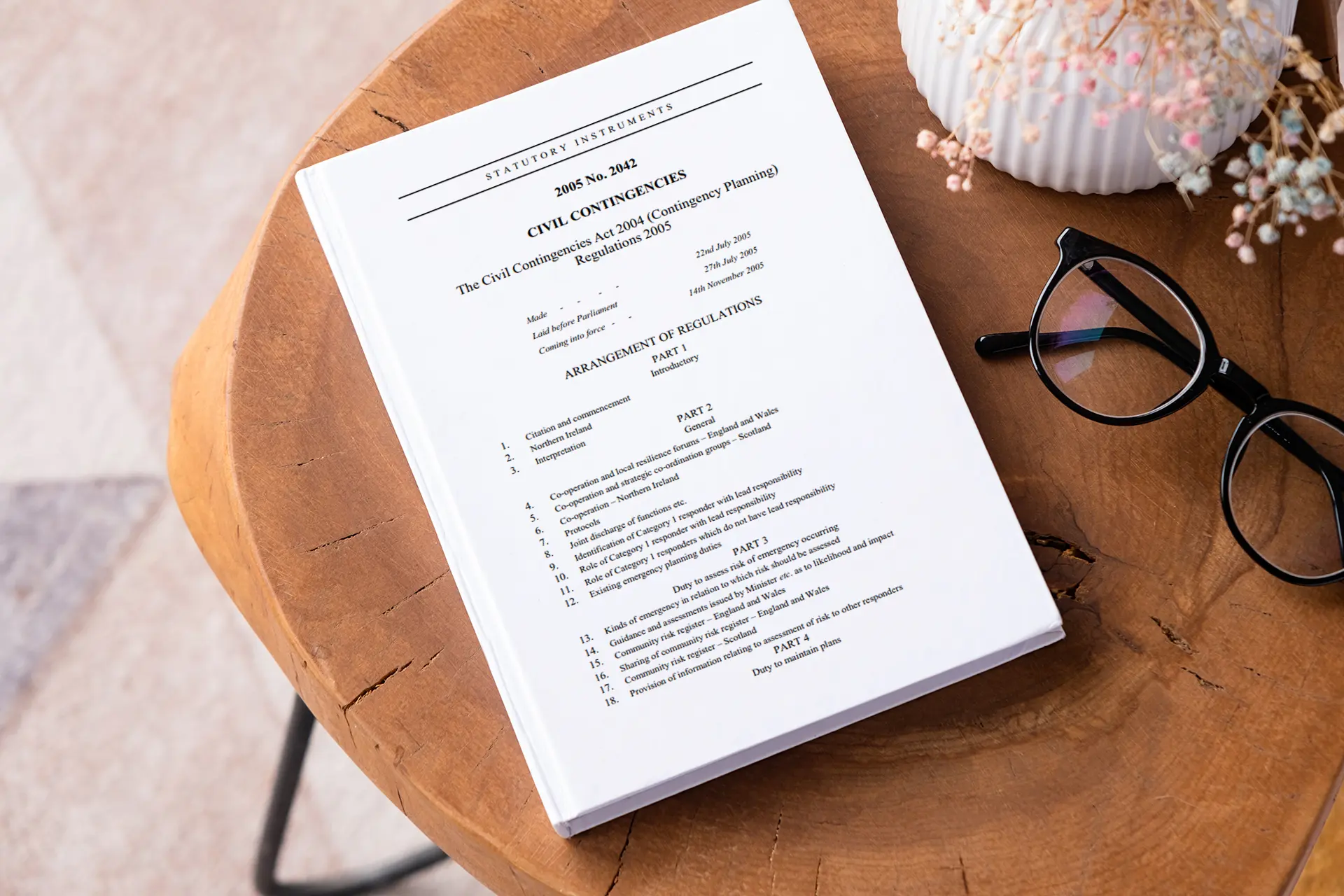
Civil Contingencies Act 2004 (Contingency Planning) Regulations 2005
The Civil Contingencies Act (2004) Regulations (2005) describe the extent of the duties imposed on organisations under the Act, and the manner in which those duties are to be performed.

Civil Contingencies Act
The Civil Contingencies Act 2004 (CCA), and accompanying non-legislative measures, delivers a single framework for civil protection in the UK.

